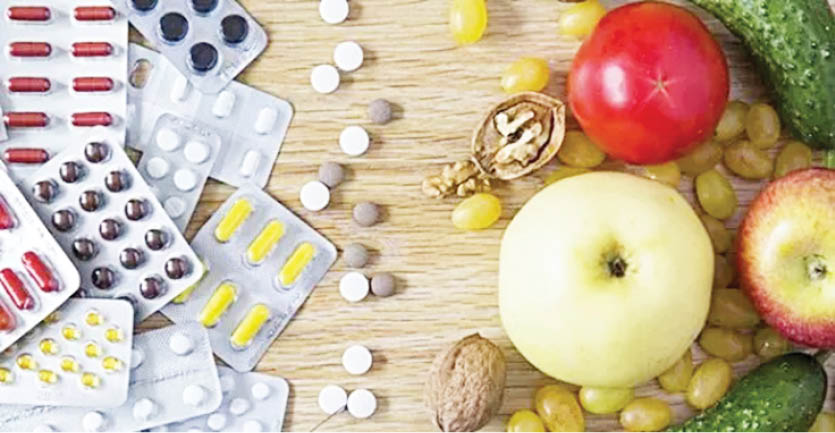You may know that some medicines don’t work well together. But what you eat and drink can have an effect on some drugs, too. Before you take a medication for the first time, talk with your doctor or pharmacist to see if there’s anything you should stay away from.
Grapefruit. This citrus fruit changes the way certain cells in your gut take in and move medication through your body — it can affect more than 50 drugs. It can make some, like fexofenadine for allergies, less effective and make others too strong, including ones that lower your cholesterol.
- Nigerians urge support for military as criminals kill 183 soldiers in 6 months
- Bandits kill 2 policemen, others in Niger
Milk. This dairy product can make it harder for your body to process certain antibiotics. Minerals in milk like calcium and magnesium are part of the reason, along with the protein casein. If you’re taking antibiotics, make sure to find out about the foods or beverages you should stay away from.
Chocolate. Dark chocolate in particular can weaken the effects of drugs meant to calm you down or make you sleep, like zolpidem tartrate (Ambien). It also can boost the power of some stimulant drugs, like methylphenidate (Ritalin). And if you take an MAO inhibitor, used to treat depression, it can make your blood pressure dangerously high.
Coffee. It can weaken antipsychotic drugs like lithium and clozapine, but boost the effects — and side effects — of others. Those include aspirin, epinephrine (used to treat serious allergic reactions), and albuterol (taken by inhaler for breathing problems). It can also make it harder for your body to take in and use iron.
Ginseng. This can lower the effects of warfarin, too. And it can make you more likely to have internal bleeding if you take the blood thinners heparin or aspirin, as well as nonsteroidal anti-inflammatory drugs like ibuprofen or naproxen. If you take MAO inhibitors, ginseng can cause headaches, sleep problems, hyperactivity, and nervousness.
Courtesy: MNT

 Join Daily Trust WhatsApp Community For Quick Access To News and Happenings Around You.
Join Daily Trust WhatsApp Community For Quick Access To News and Happenings Around You.


